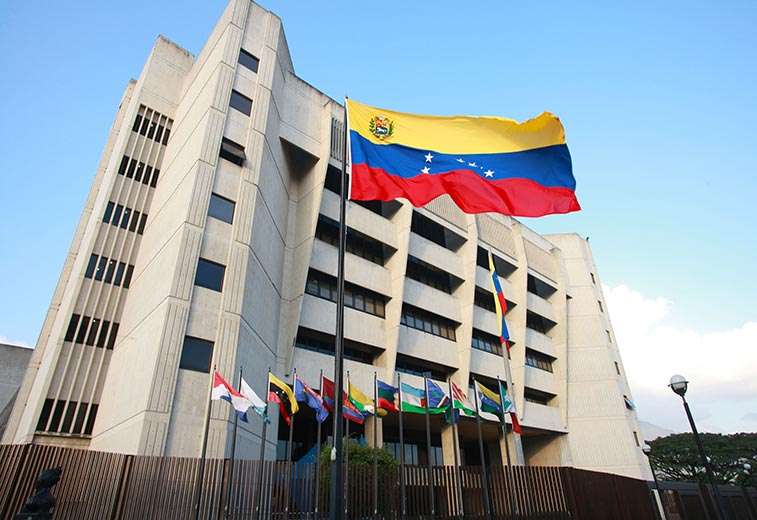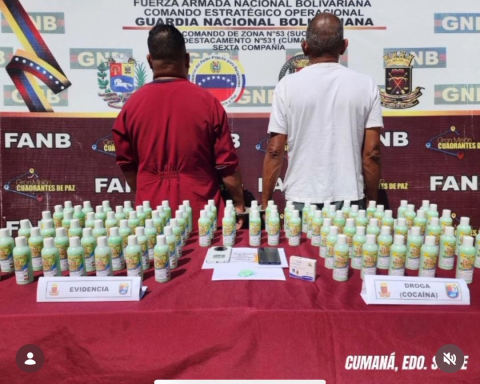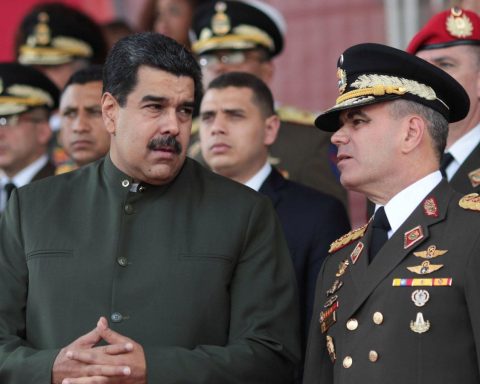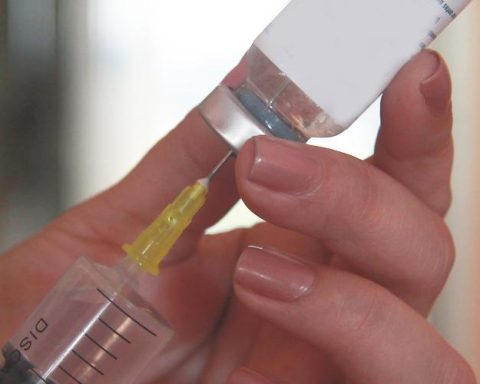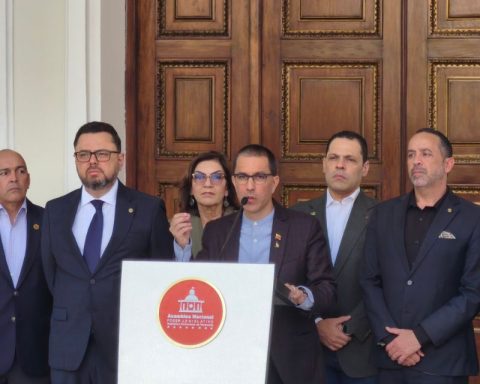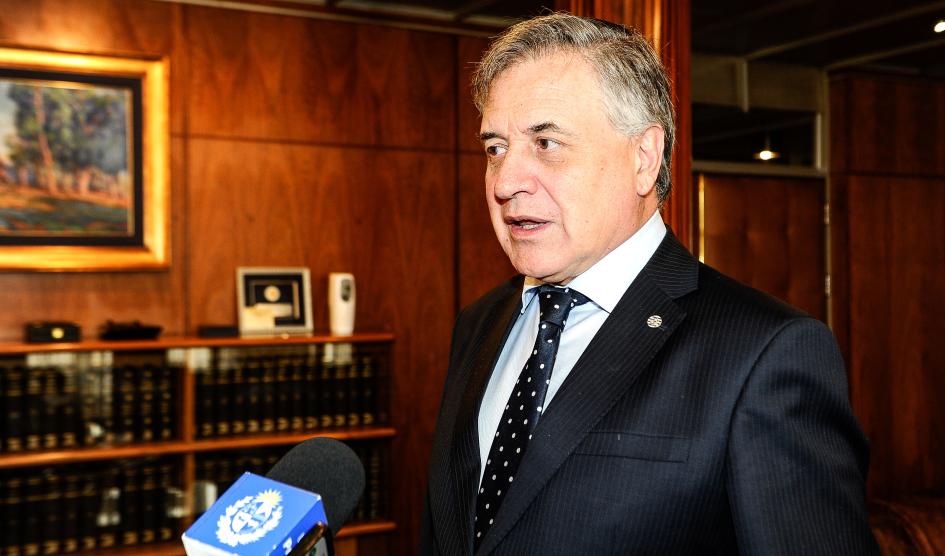The Constitutional Chamber of the Supreme Court of Justice declared the organic constitutionality of the “Organic Law Liberator Simón Bolívar against the Imperialist Blockade and in Defense of the Bolivarian Republic of Venezuela”, sanctioned by the National Assembly last Thursday.
The decision of the Constitutional Chamber is contained in sentence number 1,171 assumed as a joint drafting of its member judges: Tania D’ Amelio, Lourdes Suárez Anderson, Luis Fernando Damiani Bustillos, Michel Adriana Velásquez and Janette Córdova Castro.
The text of the aforementioned law was sent to the highest court of Venezuela on November 28 because this is established in article 203 of the Magna Carta, which establishes that the Constitutional Chamber is competent to determine through a priori control whether it has the character conferred to this or that organic law.
After analyzing the text of the law, the magistrates concluded that it is adapted to the fundamental and most substantive aspects of the principles contained in the 1999 Constitution, since it has been held that the democratic institutionality, sovereignty and independence of Venezuela, has its bases in the Constitutional Text, “which constitutes a legal manifestation of a social agreement, in which concepts and categories specific to our tradition, culture and history were reflected, in order to defend the Homeland, safeguard and protect the sovereignty, territorial integrity and self-determination and interests of the Nation.
The magistrates recalled that the organic laws aim, among others, to develop the constitutional principles established in the Magna Carta, “which advocate as superior values of the legal system to safeguard and protect the free, sovereign and independent homeland, territorial integrity, self-determination, the interests, values and inalienable rights of the nation, which guarantee the well-being of Venezuelans, creating and guaranteeing the necessary conditions for their social, economic and even spiritual development, seeking the enjoyment of human rights and consolidate their happiness and peace, allowing the Homeland, independence, sovereignty, this being its core of protection.”
Hence, the magistrates consider that the Simón Bolívar Organic Law provides for the development and execution of all necessary and relevant measures for the defense and integral development of the Nation.
The Chamber highlighted as a relevant aspect that the Law submitted to its study has its origin in “unilateral coercive sanctions and other illegitimate and illicit restrictive or punitive measures imposed against the Republic, which violate the most basic axioms of International Law and Justice, without taking into account that law and justice are elementary presuppositions of peace and international well-being.”
For this reason, the magistrates determined that the aforementioned coercive measures imply “an extraordinary national situation, linked to economic matters, to the security of the Nation and of citizens, to social peace, which affects the constitutional order, which requires the taking of exceptional and timely measures in order to achieve the reestablishment of the situation of social normality and, therefore, normality in accordance with the values, principles and purposes projected by the Constitution.”
The magistrates describe as an innovation the new exclusive competence that the Law attributes to the Constitutional Chamber to hear and decide the challenge of the application of a candidate for reasons of ineligibility based on the assumptions provided for in the recently approved legal instrument.
“An innovation that is in line with the expression of social constitutionalism, definitively moving away from the stage of the formal Rule of Law, in line with the doctrine of El Libertador Simón Bolívar and the constituent spirit of 1999,” the magistrates maintain.
The aforementioned Law stipulates disqualification from holding public office for up to 60 years for those who promote invasion or coercive measures against Venezuela, among other crimes. Furthermore, those people who commit these crimes are exposed to a prison sentence of between 25 and 30 years.
